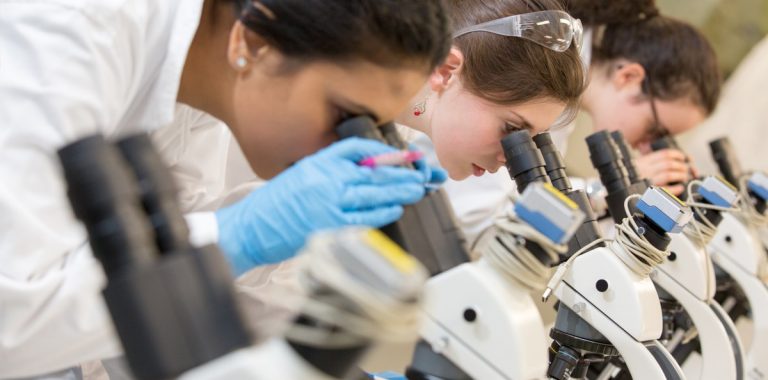
“Saving our planet, lifting people out of poverty, advancing economic growth… these are one and the same fight… Solutions to one problem must be solutions for all.” – Ban Ki-moon
The global climate is changing and we are moving through turbulent times. Sea levels are rising, the ozone hole is spreading, plant and animal species are undeniably depleting.
Human civilisation continues to grow at a rate we have never seen before. As technology and industry continue to bolster incomes and revitalise standards of living, our perspective of the planet’s current state is too often overlooked. Yes, we are productive; yes, we are urban; and yes, we are connected. But what does all this mean in terms of life’s survival?
We have pushed earth to the brink of an environmental crisis.
And with the advent of climate change plus an impending food crisis, ‘sustainability’ is the buzzword on everybody’s lips. One planet and its finite resources must maintain a growing population of more than seven billion, calling for effective, responsible management of the world’s declining natural assets.
“There has never been a time in history when the natural environment has been under greater threat than it is now. Therefore, the need for new ideas and innovation to combat the destruction of nature upon which we all depend for the future [has never been greater],” explains renowned broadcaster and naturalist, Sir David Attenborough.
Institutions like the Faculty of Science and Engineering at Macquarie University are the beating heart of these ideas, harnessing the power of research and education to tackle the biggest issues of our time. But the environment is just the beginning.

It is mind-blowing that the headlines we read today could find their place in the history books of tomorrow. From the questionable rulings of the Trump administration, to tense relations crossing borders between cultures and religions, and impending threats of violence in every corner of the world, we live in an era of uncertainty and political tumult.
Then there is the digital revolution and culture of big data, thrusting us deeper and deeper into a science fiction age. Developments take place so fast it is hard to keep track, and it is the recently-qualified science graduates who reaffirm the boundaries between human and artificial intelligence.
In line with the rising resurgence of ‘hard science’ degrees, Macquarie’s brand-new Bachelor of Science in Global Challenges programme feeds global demand. Blending technical science disciplines with those that apply theory to practice and policy, this course cleverly incorporates traditional study subjects such as biology, geography, geophysics and cognitive science with innovative, contemporary schools of thought such as climate science, development studies, data science and cyber security, creating the academic composite of science-based disciplines the world so desperately needs.
“We think many students will find it engaging,” says Michael Hitchens, Associate Professor and Associate Dean at Macquarie’s Faculty of Science and Engineering.
“The most important consideration when choosing a degree is that it should be something you love,” he adds.
Hitchens notes that while biology has always been a popular choice among the international student market, subjects such as physics and astronomy have also thrived in recent years.
“Our links with the Australian Astronomical Observatory could be part of the attraction,” he explains, “along with increased mention in the news towards progress towards a Mars mission.”

On top of topics like these, students will find themselves submerged in a complete spectrum of scientific subjects, drawing on the leading knowledge and expertise of Macquarie’s staff to push for viable solutions.
From constantly-evolving energy demands to new and emerging diseases, the provision of adequate food and water, transnational crime, data security and environmental degradation, students must acquire a breadth and depth of scientific understanding to solve these complex issues.
And while graduate life is rife with competition, the university places heavy emphasis on careers and employability, granting students the best possible start as they enter working life.
“We’re looking at what we can do to help students in their future careers,” Hitchens adds. “Our graduates are likely to have [had] an average of 10 to 14 different jobs by the time they’re 38. There’s a focus on employability and helping students understand the relevance of their studies.”
Macquarie fosters an outlook that is global and future-facing, which is part of what makes its premise unique. Here, students are empowered by the freedom to explore a range of interests across diverse study fields, urging them to apply passions, interests and knowledge learned to society at large.
Above all else, this is an institution that is equipped and globally engaged. Macquarie represents a university that understands its position as a trailblazer and student innovator, supporting a generation of future leaders who will rehabilitate the world.
Follow Macquarie University on Facebook, Twitter, YouTube, Google+, Instagram and LinkedIn







